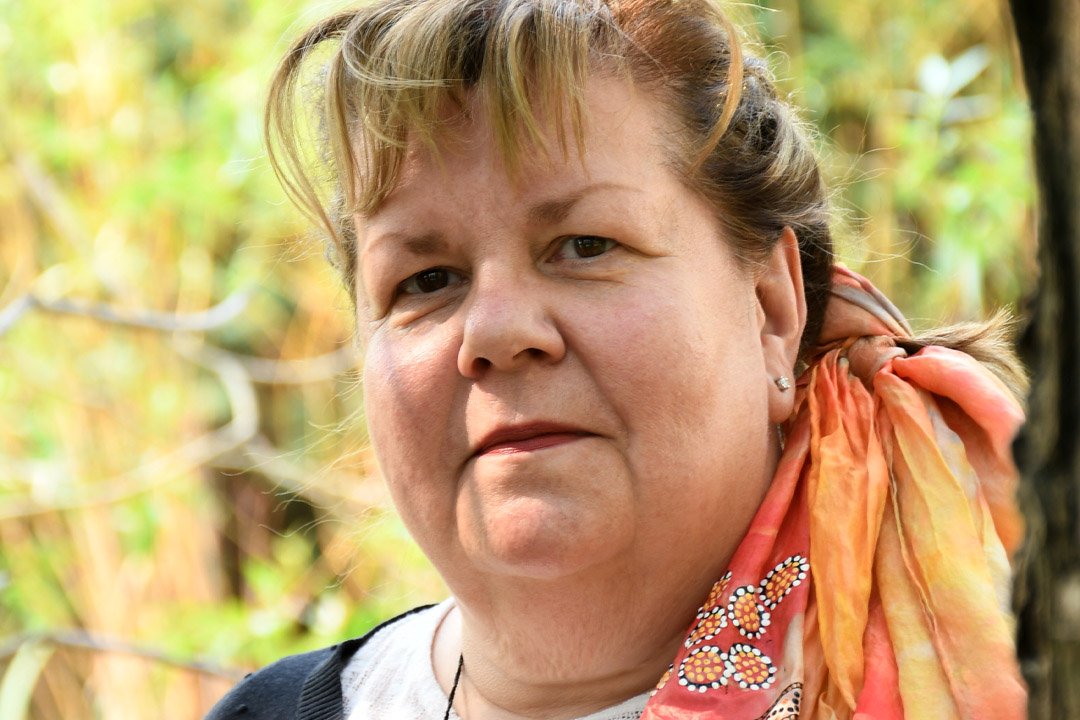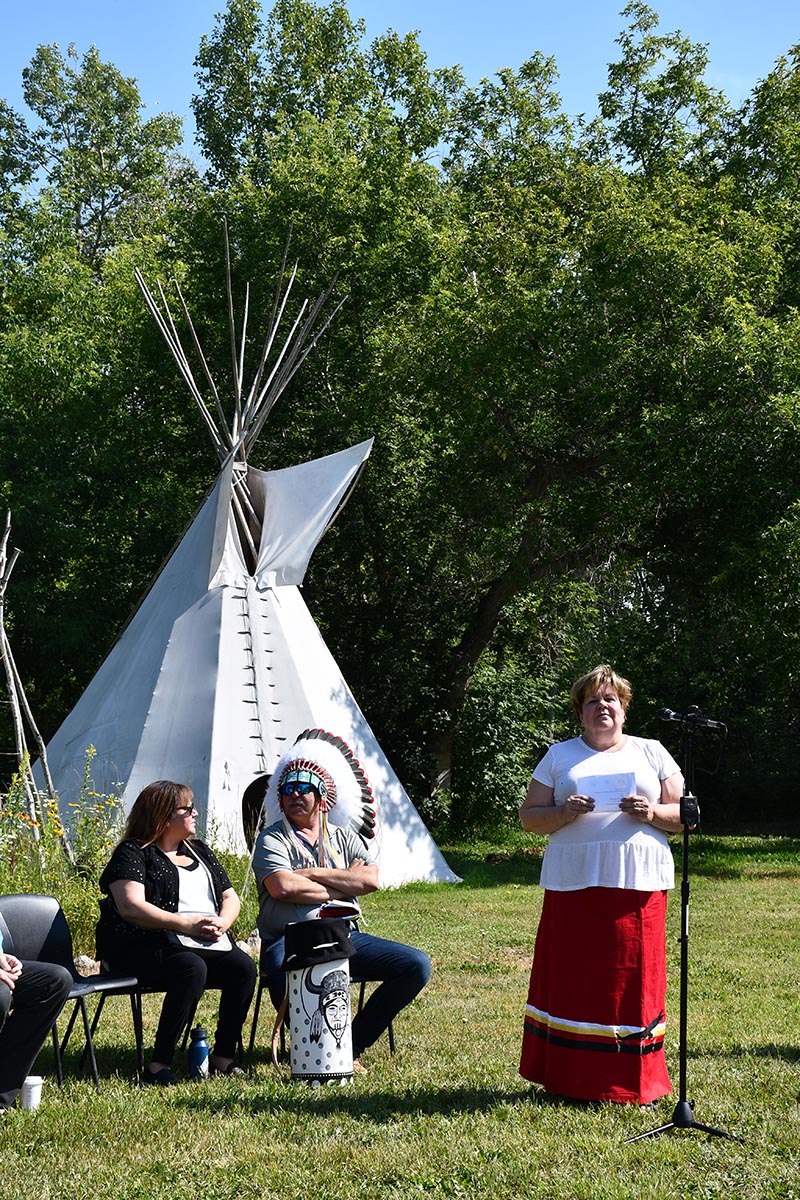
Renewed support for Cameco Chair in Indigenous Health and Wellness at USask
Since 2017, the Cameco Chair in Indigenous Health and Wellness at the University of Saskatchewan’s (USask) College of Medicine has carried out extensive and innovative research to improve the health outcomes of Indigenous people in Canada. A new commitment of $1.25 million from the Royal University Hospital Foundation (RUHF) will ensure that work continues for an additional five years.
The chair was initially established through a partnership with RUHF in which Cameco led the way with a forward-looking donation. Dr. Alexandra King (Nipissing First Nation), an internal medicine specialist and health researcher was named the inaugural Cameco Chair in Indigenous Health and Wellness in 2017 and still holds that position today. Since the chair’s inception, she and Pewaseskwan (the Indigenous Wellness Research Group), which she co-leads with her husband, Professor Malcolm King from the College of Medicine, have expanded the boundaries of Indigenous health research and continue to help provide opportunities for Indigenous people and communities to have a voice and enhance their self-determination in Indigenous health research through their work.

“Royal University Hospital Foundation is extremely grateful for the ongoing support of Cameco in making Dr. King’s second five-year term possible,” said Foundation CEO Jennifer Molloy. “We value the contributions of Dr. King and her team to date and wish them continued success in enhancing awareness and initiating change related to the health needs of Indigenous people.”
Dr. King and the Pewaseskwan team’s research involves Indigenous ways of knowing, being and doing, such as land- and culture-based practices and ceremony. Dr. King’s work is grounded in ethical space (engagement amongst people with disparate worldviews), etuaptmumk (Two-eyed Seeing, an approach that brings together Indigenous and Western worldviews or forms of knowledge), and reconciliation using a decolonization framework.
“Inaugurating the Cameco Chair clearly had the potential to be something unique, to be a flagship where wise and promising practices in Indigenous health and wellness research could be birthed and nurtured,” said Dr. King. “We have been able to privilege wholistic approaches to research that are grounded in healing and wellness and relationships, and to advocate for and create system-level changes.”
Over the past five years, Dr. King has served as the principal investigator, co-investigator or collaborator on funded research projects covering a wide-array of areas including urban Indigenous Women and their families, national strategies for patient-oriented research education, Indigenous women and Two-spirit people who have been involved with the justice system, and filling the training and support gaps for HCV and HIV peer support workers in Saskatchewan.
“Dr. King’s work through the Cameco Chair in Indigenous Health and Wellness continues to help establish USask as a leader in Indigenous health,” said USask College of Medicine Dean Dr. Preston Smith (MD). “We are grateful to our partner, the Royal University Hospital Foundation and all donors who supported their Royal Care Campaign, for their renewed commitment to the critical work of the Cameco Chair in Indigenous Health and Wellness at the College of Medicine.”
As part of the University of Saskatchewan’s Be What the World Needs Campaign, this gift will support the institution’s goals of leading critical research and working with - and for - the Indigenous communities to support Indigenous achievement.
Together, we will undertake the research the world needs. We invite you to join by supporting critical research at USask.
